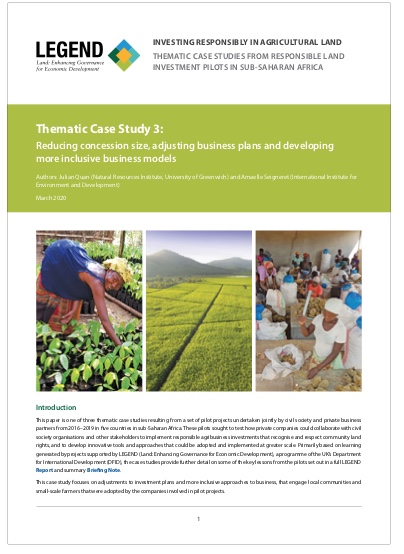Critical Review of Dryland Restoration in Tanzania: Elements of Success and Failure & Technologies Employed
Arid, semi-arid and dry sub-humid areas cover 61 % of Tanzania (United Republic of Tanzania, 1999) and, over the past decades, several restoration projects have worked toward reversing degradation in these areas (Kikula, 1999; Kisanga et al., 1999). These projects have addressed from social and ecological perspectives and have spanned for decades, thereby allowing for a genuine opportunity to identify and articulate lessons learned and develop good practice guidelines for restoring productive capacity of drylands.



